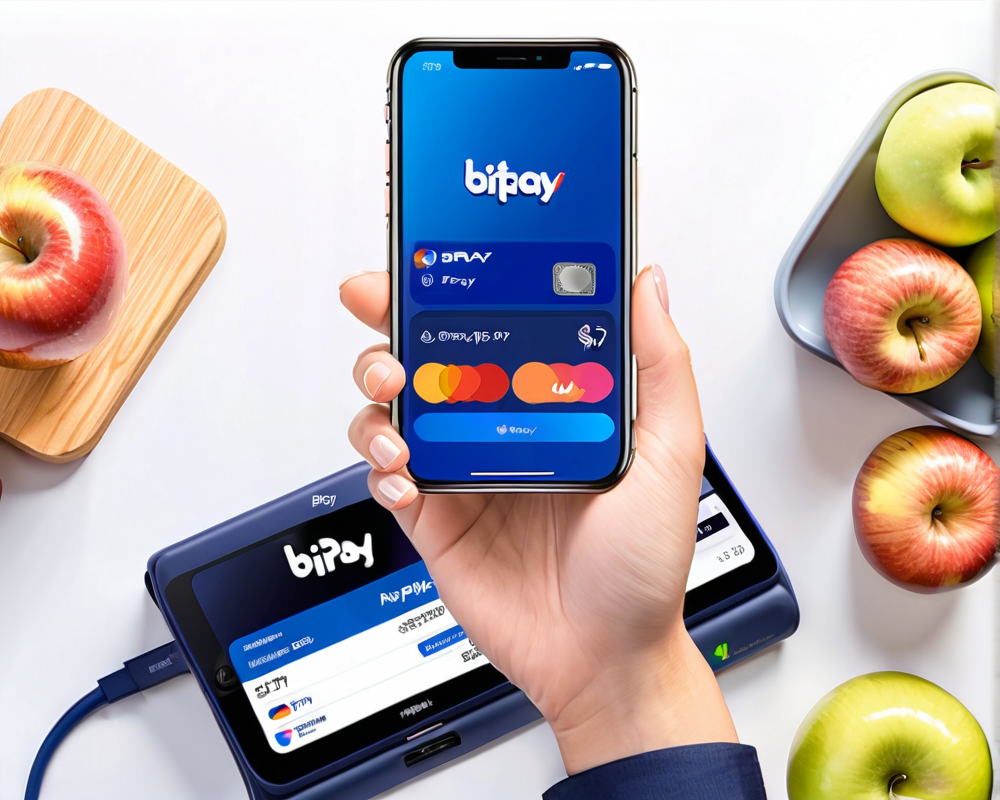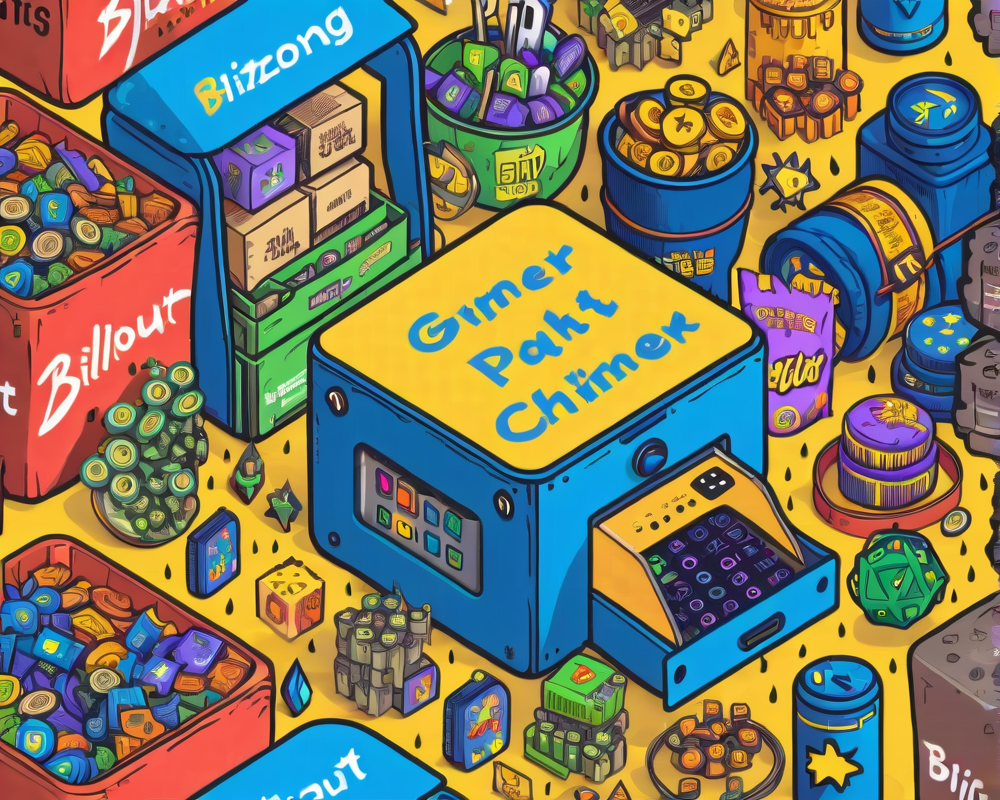Introduction to Blockchain in Trade Finance
Trade finance has always danced to the tune of mountains of paperwork and extensive processing times. Enter blockchain, the disruptive technology that’s here to shake things up. Standard Chartered’s Singapore unit has recently taken a giant leap in this direction by successfully executing its inaugural blockchain-powered trade finance transaction. What used to take days, now happens in mere hours. Let’s dive into the details!
Breaking the Time Barrier
One day — that’s all it took! The blockchain solution, created by the innovative folks at Distributed Ledger Technologies, helped streamline a deal in the agri-business supply chain sector that traditionally would have taken five to seven days. Talk about a time saver! Now, companies can trade with the kind of speed that would make a cheetah jealous.
The Big Picture: Trade Finance’s Complexity
As of 2017, trade finance transactions were valued at over $9 trillion. Yet, much of this vast market still relies on outdated systems that seem like relics from the Stone Age. Imagine sorting through endless stacks of paperwork — yawn! It’s clear that the industry needed a refresh, and blockchain is like a cool breeze in a stuffy conference room, ensuring that every transaction is not only quicker but also more secure and transparent.
Secure Transactions with Blockchain
According to Standard Chartered, the blockchain solution enhances the digitization and sharing of trade documents across the supply chain network. Think of it as a digital Guardian Angel, watching over transactions and ensuring everything is conducted securely. With the potential to reduce fraud associated with letters of credit and similar documents, blockchain is emerging as a vital player in establishing trust across the industry.
The Future is Bright (and Blockchain-Powered)
Standard Chartered, along with fellow banking giants like HSBC and BNP Paribas, is not merely dipping its toes in blockchain waters. They are fully diving in, with a platform called eTrade Connect, launched last fall. Moreover, the bank has multiple blockchain initiatives brewing. From bank guarantees powered by R3’s Corda blockchain technology to partnerships with Brazil’s Itau Unibanco on small loans, StanChart is certainly keeping its innovation hat on. Whatever’s cooking, we can anticipate that the future of banking will be anything but boring.




